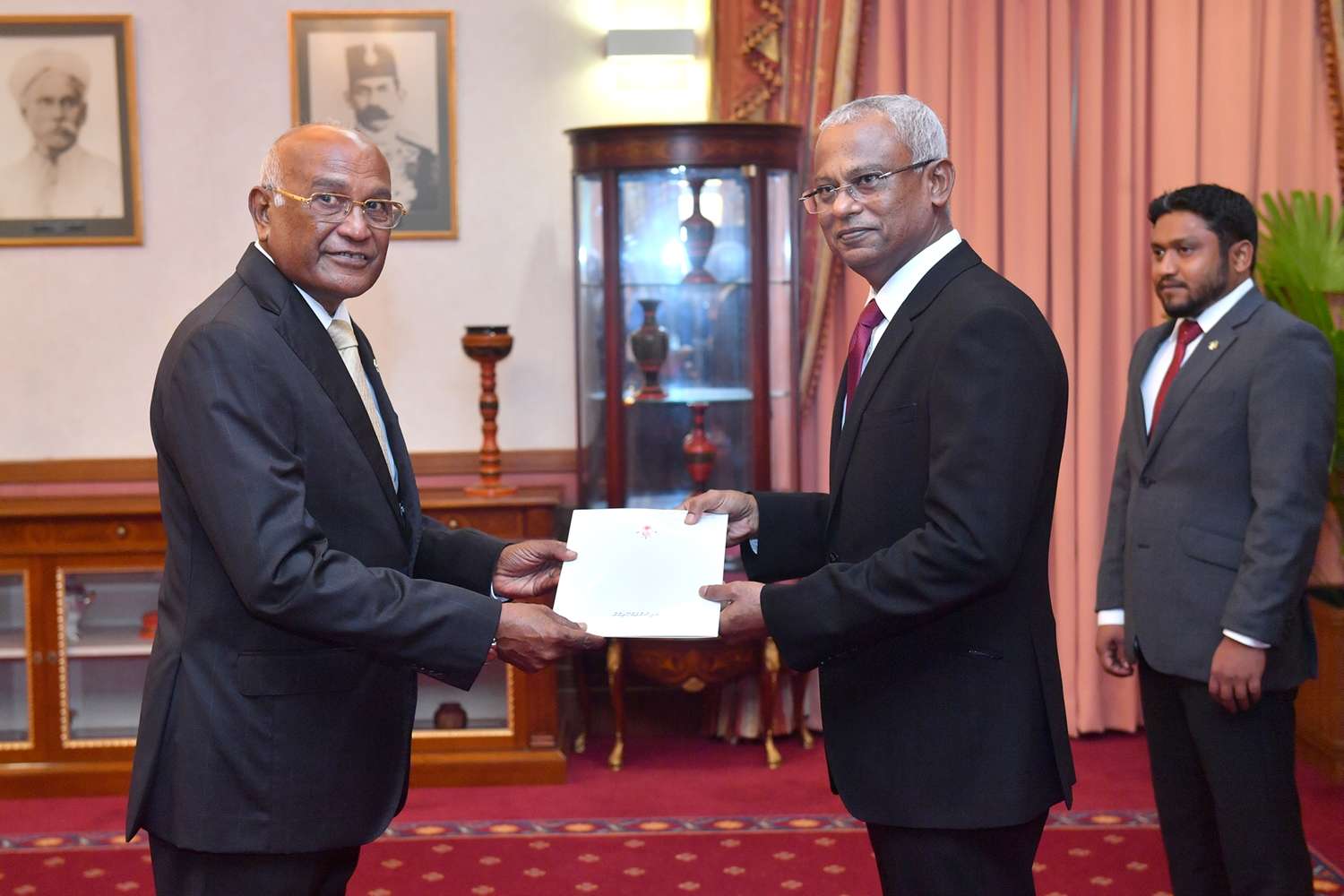Maldives pledges to uphold moratorium on death penalty
The moratorium was lifted by former president Abdulla Yameen in 2014.

27 Nov 2018, 09:00
A 65-year moratorium on the death penalty will be maintained by the new administration of President Ibrahim Mohamed Solih, the foreign ministry announced Tuesday.
It also announced that the Maldives would vote yes on a draft resolution before the UN General Assembly entitled “Moratorium on the Use of the Death Penalty.”
The six-decade moratorium on capital punishment was lifted by former president Abdulla Yameen in 2014. However, despite religious campaign rhetoric and offering various dates, his previous administration did not resume executions.
A pledge to uphold the moratorium was also announced Tuesday by the Maldives delegation attending a review by the Committee Against Torture in Geneva, Switzerland.
Become a member
Get full access to our archive and personalise your experience.
Already a member?
Discussion
No comments yet. Be the first to share your thoughts!
No comments yet. Be the first to join the conversation!
Join the Conversation
Sign in to share your thoughts under an alias and take part in the discussion. Independent journalism thrives on open, respectful debate — your voice matters.




